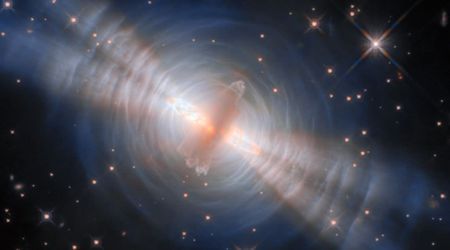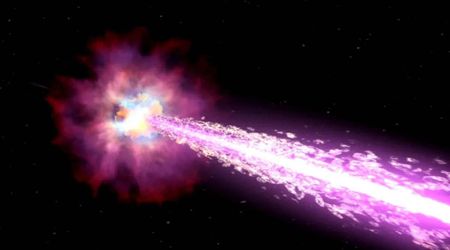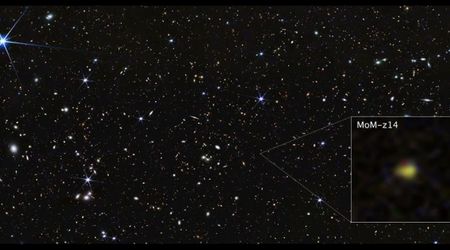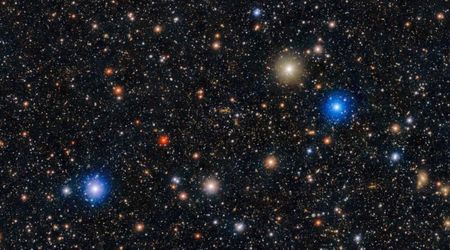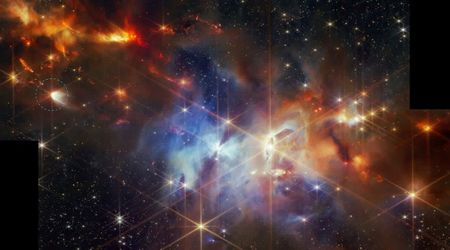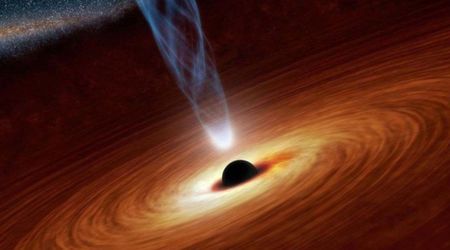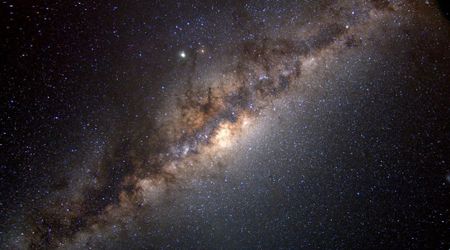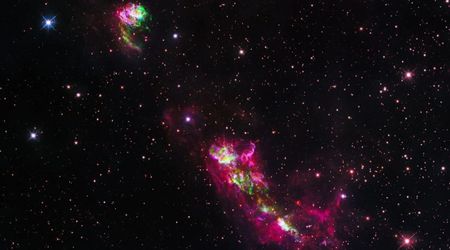China and Russia sign agreement for lunar nuclear power station, aim to outpace U.S. moon efforts

Russia and China have inked an agreement to construct a nuclear power plant on the Moon. The Russian-built reactor will supply power to the International Lunar Research Station (ILRS), a joint project between the two countries, with a target completion date of 2036. This development follows NASA's recent budget proposal for 2026, which indicated the cancellation of the agency's plans for an orbital lunar base, reported Space.com.

According to Yury Borisov, the director general of Russian space agency Roscosmos, the Chinese-Russian lunar reactor will probably be built autonomously, where no human being will be involved. While the specifics of how this will be accomplished are still vague, Borisov stated in a 2024 interview with TASS that the necessary technology is "almost ready." As stated by Roscosmos in a May 8 announcement, "The station will conduct fundamental space research and test technology for long-term uncrewed operations of the ILRS, with the prospect of a human being's presence on the Moon."
Seventeen countries, such as Egypt, Pakistan, Venezuela, Thailand, and South Africa, have joined the new International Lunar Research Station program, which will be a permanent, crewed base situated at the Moon's south pole. China's Chang'e-8 mission in 2028, which will include the nation's inaugural astronaut landing on the lunar surface, will establish the groundwork for this station. The blueprint for the ILRS was first presented in June 2021, detailing China and Russia's intention to deploy a robotic moon base component through five super-heavy-lift rocket launches scheduled from 2030 to 2035.
After the initial components are in place, China intends to expand the base by connecting it to a lunar-orbiting space station and two nodes on the Moon's equator and far side, shared Wu Yanhua, the chief designer of China's deep exploration project, at a 2024 media conference. This expanded model, which will lay the groundwork for crewed Mars landings, is slated for completion by 2050. Wu stated, "It will be powered by solar, radioisotope, and nuclear generators." He added that it "will also include lunar-Earth and high-speed lunar surface communication networks, as well as lunar vehicles like a hopper, an unmanned long-range vehicle, and pressurized and unpressurized manned rovers."

The signing of this memorandum highlights a period of increasing ambition for China's space programs. The country has established a lunar presence dating back to the 2013 Chang'e 3 mission, which successfully landed a rover on the Moon. Following this, China launched additional missions that landed rovers on the Moon and Mars, gathered samples from both the near and far sides of the Moon, and undertook mapping of the lunar surface. China's endeavor to establish a lunar outpost is rivaled by the US Artemis program, which has recently experienced delays. Artemis III, aiming to return NASA astronauts to the Moon after more than 50 years, is now anticipated to launch around 2027.

In March 2021, Roscosmos and the China National Space Administration (CNSA) formally agreed to collaborate on establishing the International Lunar Research Station (ILRS). As part of this initiative, China intends to launch three missions: Chang’e 6, Chang’e 7, and Chang’e 8. The 7th and 8th lunar missions, set to begin in 2026 and conclude by 2028, will focus on testing critical technologies needed to develop a remotely operable robotic base for experiments and research, according to TASS.
